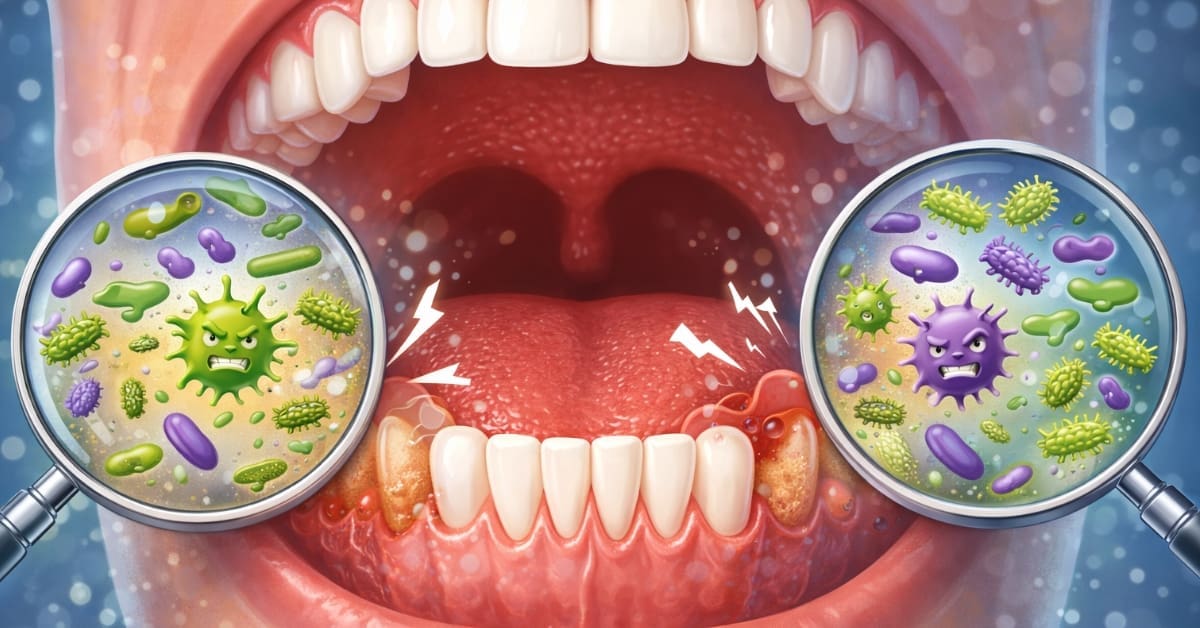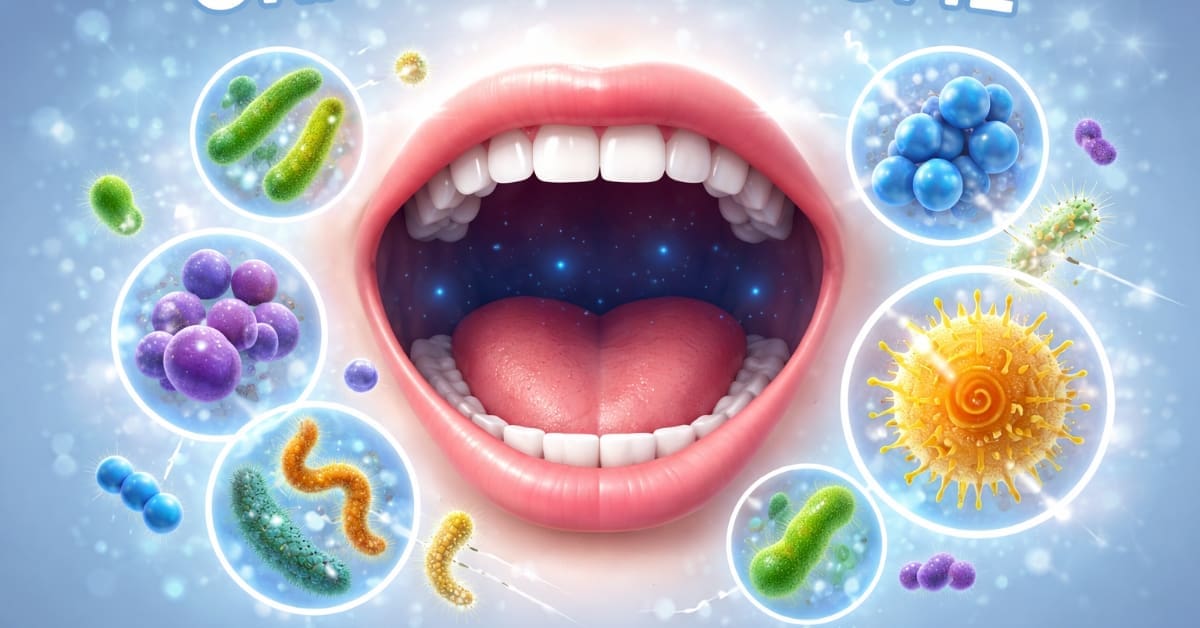Did You Know Allergies Can Affect Your Teeth?
When allergy season hits, most people brace themselves for the usual symptoms—watery eyes, sneezing, a runny nose, and congestion. However, many don’t realize that allergies can also impact oral health. Surprising, right? In addition to the typical discomforts, allergies can lead to tooth pain, a sore throat, and dry mouth, which can impact dental well-being.
Tooth Pain: The Sinus Connection
If you’ve ever experienced tooth pain during allergy season, your sinuses might be to blame—not your teeth. Your most extensive sinus cavities, the maxillary sinuses, are just above your upper molars. When your body reacts to allergens, it produces extra mucus to flush out the irritants. This buildup of mucus can cause your sinuses to swell and create pressure on the roots of your upper teeth.
This sinus pressure can mimic the feeling of a toothache, often causing people to assume they have a dental problem mistakenly. If the pain affects multiple upper teeth and worsens with allergy flare-ups, it’s likely linked to sinus inflammation.
Sore Throat: Blame It on the Postnasal Drip

Another lesser-known symptom of allergies is a persistent sore throat. This often stems from postnasal drip, where excess mucus from your nasal passages drains down the back of your throat. As a result, you might find yourself coughing frequently or feeling irritation in your throat, especially when lying down.
This constant drip can inflame the throat tissues and create an ongoing feeling of discomfort. While not directly related to the teeth, the soreness and coughing can lead to jaw tension or aggravate existing dental issues like TMJ disorders.
Dry Mouth: A Silent Culprit
Dry mouth is a common concern during allergy season, whether caused by the allergy itself or the medications used to treat it. Antihistamines, decongestants, and other allergy-relief medications often reduce saliva production, leaving the mouth feeling parched.
This might seem like a minor inconvenience, but saliva plays a crucial role in maintaining oral health. It helps wash away food particles, neutralize acids, and prevent bacteria from thriving. Without enough saliva, you become more susceptible to:
- Tooth decay
- Gum disease
- Bad breath
- Mouth sores
To combat dry mouth, drink plenty of water throughout the day, chew sugar-free gum to stimulate saliva flow, and avoid caffeine and alcohol, which can further dry out your mouth.
When to See a Dentist
Sometimes, it’s difficult to tell whether your discomfort is allergy-related or a sign of something more serious, like a cavity, gum infection, or abscess. If your symptoms persist even after taking over-the-counter allergy medication or worsen over time, it’s best to consult a dentist.
A professional evaluation can help determine whether your pain is due to sinus pressure or a dental issue requiring treatment. Ignoring persistent symptoms could delay necessary care and allow a minor problem to become a major one.
Allergies and Your Teeth: Final Answer
Allergies don’t just mess with your nose—they can also wreak havoc on your mouth. From sinus-induced toothaches to throat irritation and dry mouth, the impact on your oral health is real. Understanding the connection between allergies and dental symptoms can help you take proactive steps to protect your smile.
Tip: Keep your mouth healthy year-round by maintaining regular dental checkups, staying hydrated, and addressing allergy symptoms early.
If in doubt, don’t hesitate to reach out to your dentist. A quick visit can offer peace of mind—and possibly some much-needed relief!
Get Help Today
If you are looking for a dentist with a great reputation you are in the right place. Dr. Paul Feldman at Suburban Essex Dental, West Orange, NJ is the dentist to go to. Dr. Paul Feldman has been chosen as a Top Dentist in NJ since 1012 and still, he is going strong. The entire staff would love to have you join their long list of happy patients.
Contact Suburban Essex Dental to schedule your dental appointment. We are located on Pleasant Valley Way in West Orange in Essex County, NJ





